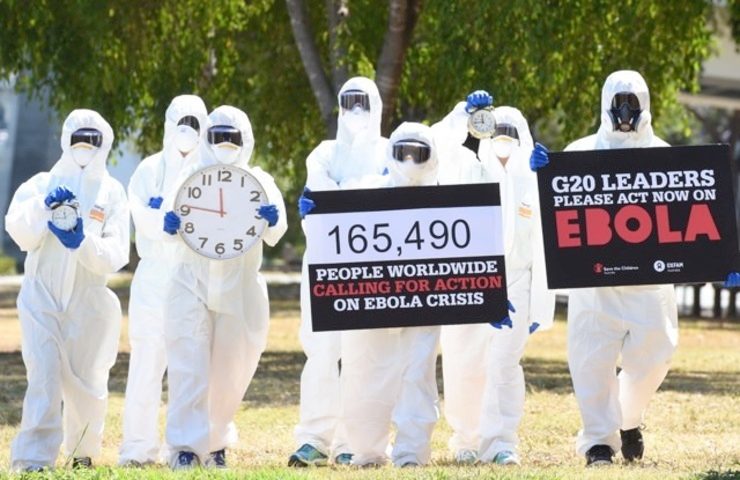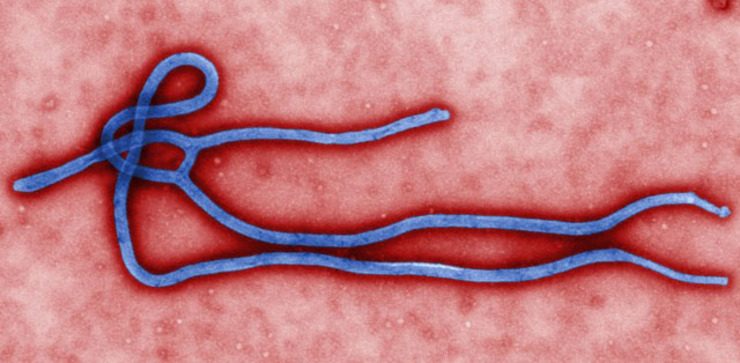SUMMARY
This is AI generated summarization, which may have errors. For context, always refer to the full article.

BRISBANE, Australia – The United Nations (UN) Saturday, November 15 called on G20 leaders to intensify their response to the deadly Ebola outbreak in west Africa, warning of a major food crisis if they fail to act.
Speaking in Brisbane, where the two-day G20 leaders meeting is being hosted by Australia, UN Secretary-General Ban Ki-moon joined with international aid agencies in urging concrete actions to fight the disease.
“I would also like to stress the need to intensify the international response to the outbreak of Ebola in West Africa,” Ban told reporters.
“As rates decline in one area, they are rising in others. Transmission continues to outpace the response from the international community. I urge the leaders of G20 countries to step up.”
Ban said the secondary impacts of the health crisis could spiral into other areas, including a food crisis, caused by disruption in farming due in countries affected by the outbreak including Sierra Leone and Liberia.
“That could provoke a major food crisis affecting one million people across the region,” he said.
The G20 is under pressure to adopt a hard-hitting financial response to the Ebola epidemic as health workers battling horrific working conditions plead for more resources.
A joint petition from international aid groups including Oxfam and Save the Children urged the G20 to band together to ensure the right resources are made available in terms of personnel, equipment and funding.
“This is a chance to stop Ebola in its tracks, and it must not be missed,” said Oxfam Australia chief Helen Szoke (READ: 5 misconceptions about Ebola)
Ban said while Ebola began as a health issue, it had developed into a security and economic one and needed massive resources in terms of finance, logistics and treatment.
“Because of the very extraordinary nature of this disease I think the international community has been panicked,” he said. “We should guard against this kind of panic.”
The World Health Organization said Friday, November 14 that 5,177 people had so far died of Ebola across 8 countries, out of a total 14,413 cases of infection, since late December 2013.
WHO has acknowledged though that the number of deaths is likely far higher, given that the fatality rate in the current outbreak is known to be around 70%.
The deadliest Ebola outbreak ever continues to affect Guinea, Liberia and Sierra Leone the most. – Rappler.com
Add a comment
How does this make you feel?

There are no comments yet. Add your comment to start the conversation.